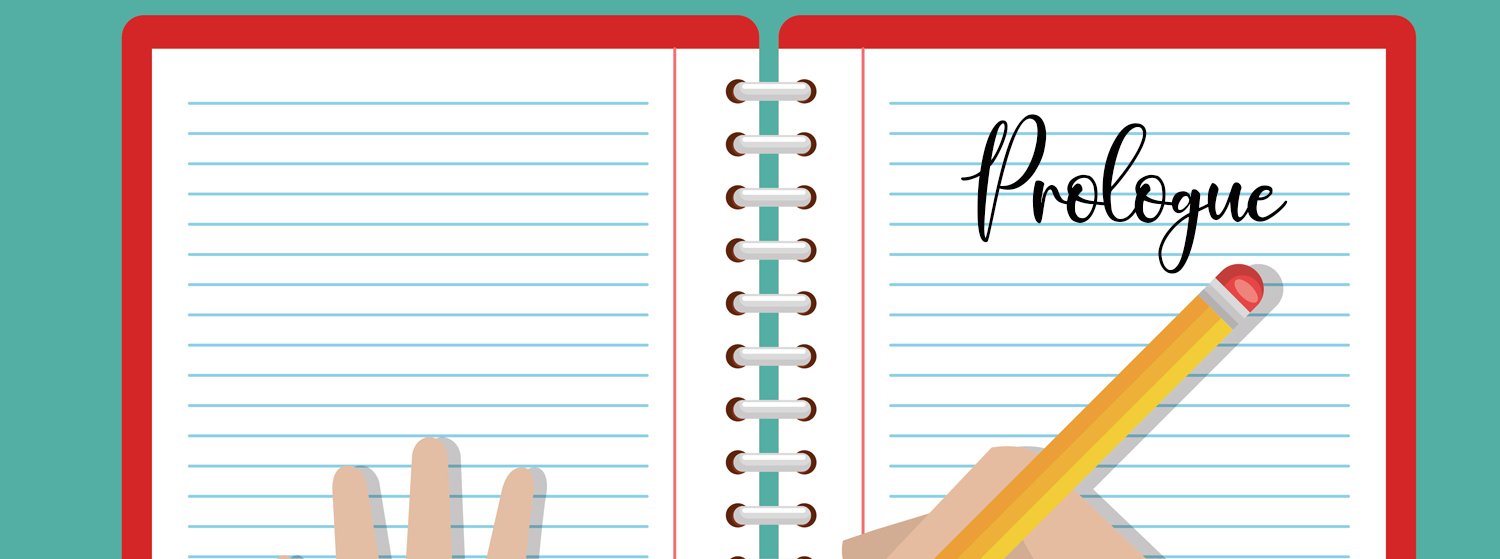The Prologue Debate
Are they are a help or a hindrance?
When I was studying for my Masters in Creative Writing, we were generally discouraged from writing prologues. There are too many inherent pitfalls. They can be self-indulgent – maybe very well written but not really giving the reader something to invest in. They can feel undeveloped and cut off from the rest of the story, leaving us feeling detached, or discombobulated. Sometimes themes or characters that appear in the prologue are not developed or introduced elsewhere in the novel, creating false expectations. Thus prologues can be dangerous in the hands of novice writers – even those studying for an M.A!
So I was amazed when, having gained a publishing contract, my new editor suggested I write a prologue for my first novel. Surely that went against everything I’d been taught? But her reasoning was she liked to ‘bookend’ the story with a scene that takes the reader into the present day (technically known as a ‘flash forward’ instead of the usual ‘flashback.’) She wanted an epilogue too – hence the bookends. So why did she ask for this? I think it is something to do with historical fiction. In this genre we are asking a reader to immediately enter a bygone age. If we give them authentic and sensuous details, they are normally happy to do this, but a prologue that is set in the present can ease them more gently into the past. It also creates expectation. In my first novel, ‘The Oceans Between Us’, my protagonist, Jack, is making his way to some sort of ceremony. We know that he is nervous, and that the ceremony is very significant in his life. I tried to use language that would heighten the reader response: what is this ceremony? Why is it so important? What has happened to him in the past? Here are the last few lines of the prologue:
I won’t give anything away but in the last two sentences I try to create a mystery for the reader. What has changed that means they will now be heard whereas all previous attempts have failed?
Of course, when you have read the novel – and the epilogue takes us back to the ceremony itself, it all becomes clear. I hope the question I have planted in the reader’s mind will stay there for the duration of the story – until it is answered at the end.
So what is that ceremony? Ah… my lips are sealed. You’ll have to read the book to find out!
But hopefully my prologue whets the appetite.
And funnily enough, all my books have prologues. Used in the right way, they’re a great device!

